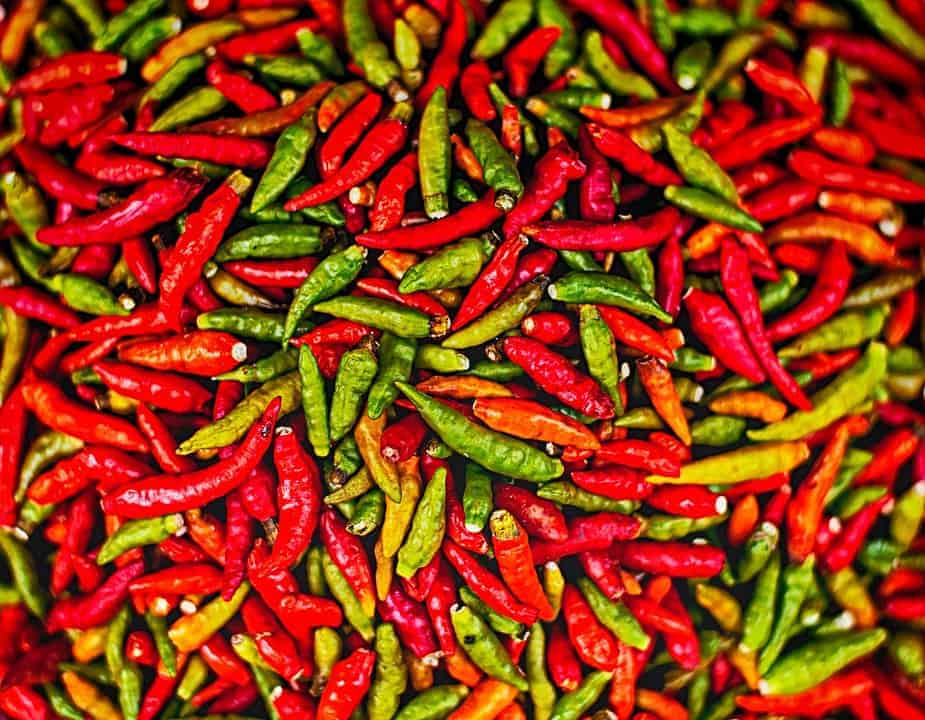India Exports To Gain From China Market Freeze

Last updated on February 9th, 2023 at 12:28 pm
Someone’s loss is always someone else gain; especially when it comes to trade dynamics. Amidst the Coronavirus outbreak, India now has a huge potential to push the exports of its agriculture products. The Centre has now been able to identify 21 such items that can benefit from trade restrictions against Chinese goods. These include honey, potatoes, grapes, soya beans and groundnuts.
In a detailed analysis coming from the Finance Ministry over the impact of the virus and the trade markets for China and India, it has been stated that “there are 21 agri tariff lines where China’s global exports and India’s global exports are more than $25 million and where India is price and volume-wise competitive and capable to provide an alternative.”

The growth could come through even more forcefully in coming months. However, imports might be affected keeping in mind India’s trade equation with China. In that aspect, two major agriculture products might feel the heat. These include bamboo and kidney beans. These are imported in bulk from China. Bamboo and Kidney beans imports respectively represent 35.5% and 41.2% import from China out of India’s total imports from the world. In the case of those two items, India is still striving for self-sufficiency through the Bamboo Mission and the National Food Security Mission.
On the flipside, some agri-products like red Teja Chilli exports have been adversely affected due to the Coronavirus. India exports Rs 5,000 crore worth of Teja variety of chilli annually, of which 60 per cent is shipped to China. Suspension of trade due to coronavirus disease has “unfortunately” halted India’s export of chilli to China. The result is that chilli farmers of Andhra Pradesh and Telangana are badly hit as prices of chilli are declining and they are now being forced to sell at a lower rate. India might have to resort to providing farmers with a minimum support price. In India, farmer suicide is a common phenomenon either due to their inability to pay back loans, or sudden shift in demand which leads to conditions of either lower selling prices of excess of inventory.
To Read more Business News in India
Follow more on Facebook and stay up to date with the latest content
https://www.facebook.com/Indiaobservers/
Retweet more on Twitter and stay up to date with the latest content
https://twitter.com/IndiaObservers
Like more on Instagram and stay up to date with the latest content
https://www.instagram.com/india_observers/



